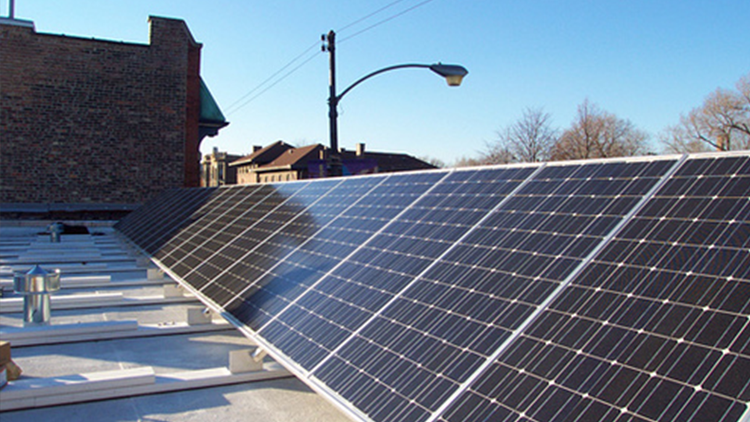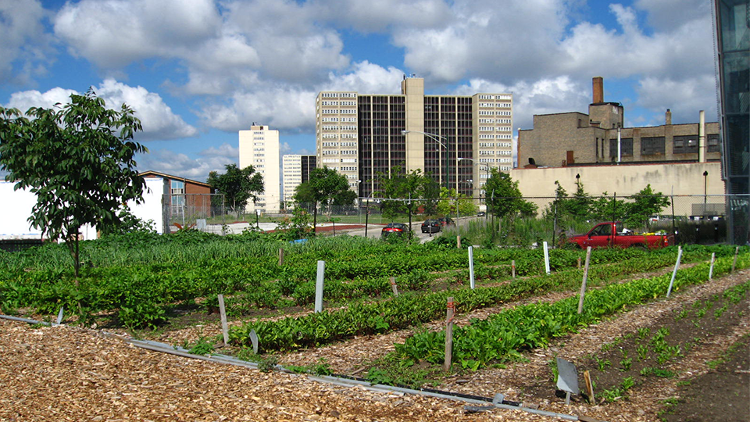
Battery storage is a new and emerging renewable energy technology with various challenges that must be addressed before it can be deployed at a larger scale. California has begun supporting energy storage with AB 2514 (Legislation passed to create a cleaner electrical grid and increase the use of renewable energy through the use of energy storage technologies) in 2013 but concerns such as whether battery technology can store enough energy to power homes and the lengths of battery lifetimes remain. This project conducted legal research examining the barriers and challenges of widely deploying distributed energy resources, or “behind-the-meter” storage, for customers served by investor-owned utilities in California.
Award Year







